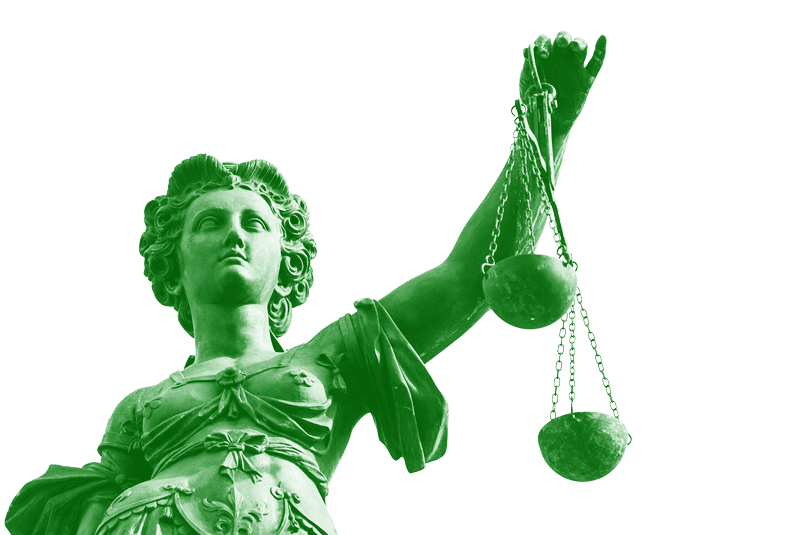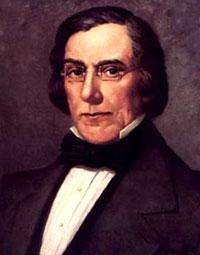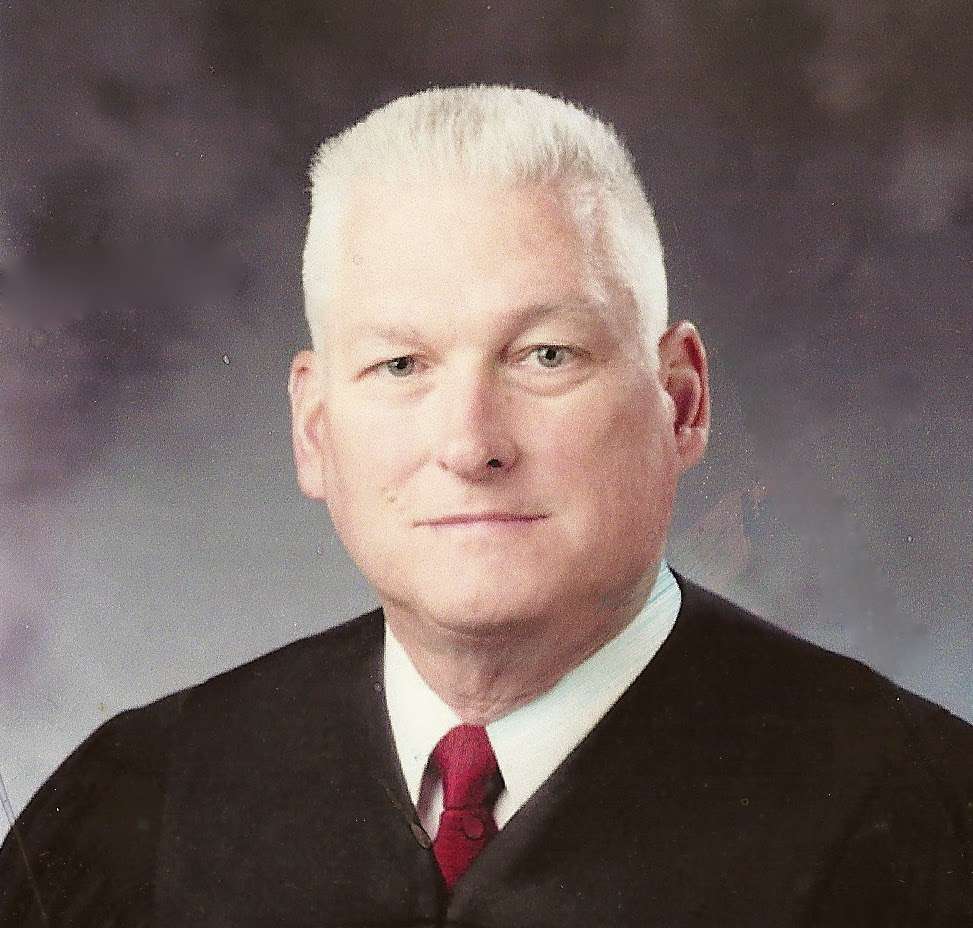From Friday's decision by Judge Raymond Patricco (D. Idaho) in Scofield v. Guillard:
This case arises out of the tragic murder of four University of Idaho students in November 2022. Plaintiff Rebecca Scofield is a professor at the University of Idaho. She alleges that, despite never meeting any of these students or being involved with their murders in any way, Defendant Ashley Guillard posted numerous TikTok (and later YouTube) videos falsely claiming that Plaintiff (i) had an extramarital, same-sex, romantic affair with one of the victims; and then (ii) ordered the four murders to prevent the affair from coming to light….
Plaintiff asserts two defamation claims against Defendant: one is premised upon the false statements regarding Plaintiff's involvement with the murders themselves, the other is premised upon the false statements regarding Plaintiff's romantic relationship with one of the murdered students.
On June 6, 2024, the Court granted Plaintiff's Amended Motion for Partial Summary Judgment …. On the issue of liability for Plaintiff's two defamation claims against Defendant, the Court concluded that Plaintiff sufficiently demonstrated the absence of any genuine issue of material fact relating to the falsity of Defendant's statements about her. Id. (after citing evidence, stating: "This is powerful evidence at the summary judgment stage. It not only substantiates Plaintiff's argument that Defendant's statements about her are false, it also highlights the complete lack of any corroborating support for Defendant's statements.").
Under Rule 56, this shifted the burden to Defendant to dispute that claim by setting forth facts showing that there is a genuine issue for trial relating to whether her statements about Plaintiff are true. In relying only on her spiritual investigation into the murders, however, the Court concluded that Defendant did not satisfy her burden. Id. ("As a result, Defendant's psychic intuition, without more, cannot establish a genuine dispute of material fact to oppose Plaintiff's summary judgment efforts."). The Court therefore concluded that "the totality of the evidence reveals that there is no genuine dispute as to any material fact that Defendant defamed Plaintiff."
Also on June 6, 2024, the Court granted Plaintiff's Motion for Leave to Amend Complaint to Add Punitive Damages. In permitting a claim for punitive damages, the Court concluded that Plaintiff "established a reasonable likelihood of proving, by clear and convincing evidence, that Defendant's conduct in accusing Plaintiff of an affair with a student before ordering that student's and three other students' murders was oppressive, fraudulent, malicious, and/or outrageous." The extent of Plaintiff's damages, if any, remains an issue for trial.
Defendant moved to reconsider, but the court said no:
Defendant claims that newly discovered evidence (in the form of filings in a related state court criminal proceeding) "provides factual support that substantiates the Tik-Tok videos [Defendant] posted regarding the murder of the four University of Idaho students …." Defendant maintains that she cannot be found liable for defamation because this newly discovered evidence proves that she was telling the truth in these Tik-Tok videos, or otherwise highlights outstanding issues of material fact that precludes summary judgment…..





Show Comments (16)